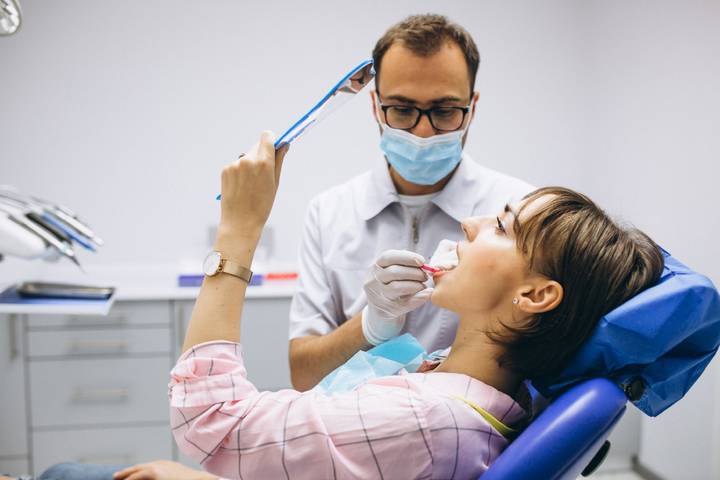The Power of Smiles: Exploring Dental Hygiene Therapy
Author : Ruby Johnson | Published On : 07 May 2024

Your smile is not just a reflection of happiness; it's also a window into your overall health. Dental hygiene therapy, often overlooked in discussions about well-being, plays a crucial role in maintaining not only a radiant smile but also promoting optimal health from head to toe.
In this blog, you'll uncover the significance of dental hygiene therapy and how it contributes to your overall well-being.
Understanding Dental Hygiene Therapy
Dental hygiene therapy encompasses a range of practices aimed at preventing oral diseases and maintaining oral health. It involves not only brushing and flossing but also regular dental check-ups, professional cleanings, and education on proper oral care techniques. Dental hygienists are key players in this field, providing essential services to patients to ensure their teeth and gums stay healthy.
The Importance of Dental Hygiene Therapy
- Preventing Oral Diseases: Proper dental hygiene practices, such as brushing and flossing, remove plaque and bacteria that can lead to tooth decay, gum disease, and other oral health issues. Regular dental check-ups allow for early detection and treatment of any potential problems, preventing them from escalating into more significant issues.
- Promoting Overall Health: Oral health is closely linked to overall health. Poor oral hygiene has been associated with various systemic conditions, including heart disease, diabetes, and respiratory infections. By maintaining good dental hygiene, you not only protect your teeth and gums but also reduce the risk of developing other health problems.
- Enhancing Confidence and Self-Esteem: A healthy smile can do wonders for your confidence and self-esteem. Dental hygiene therapy helps keep your teeth clean, bright, and free of stains, allowing you to smile with confidence and approach life with positivity.
- Preventing Bad Breath: Bad breath, or halitosis, can be a source of embarrassment and social discomfort. Proper dental hygiene, including regular brushing, flossing, and tongue cleaning, helps eliminate odor-causing bacteria and keeps your breath fresh and pleasant.
- Improving Quality of Life: Dental problems, such as toothaches and gum disease, can significantly impact your quality of life, affecting your ability to eat, speak, and socialize comfortably. By prioritizing dental hygiene therapy, you can enjoy better oral health and overall well-being.
Incorporating Dental Hygiene Therapy into Your Routine
Here are some tips for maintaining good dental hygiene:
- Brushing: Brush your teeth at least twice a day using fluoride toothpaste and a soft-bristled toothbrush. Be sure to brush for two minutes each time, covering all surfaces of your teeth.
- Flossing: Floss daily to remove plaque and food particles from between your teeth and along the gumline, where your toothbrush may not reach.
- Regular Dental Visits: Schedule regular dental check-ups and cleanings with a dental hygienist to monitor your oral health and address any issues promptly.
- Healthy Diet: Eat a balanced diet rich in fruits, vegetables, and whole grains, and limit sugary and acidic foods and beverages that can contribute to tooth decay.
- Quit Smoking: Smoking and tobacco use not only stain your teeth but also increase the risk of gum disease and oral cancer. Quitting smoking is essential for maintaining good oral and overall health.
Closing Remarks
By prioritizing dental hygiene therapy and incorporating these practices into your daily routine, you can safeguard your oral health and enjoy the benefits of a bright, healthy smile for years to come. Remember, your smile is your greatest asset—so take care of it!
